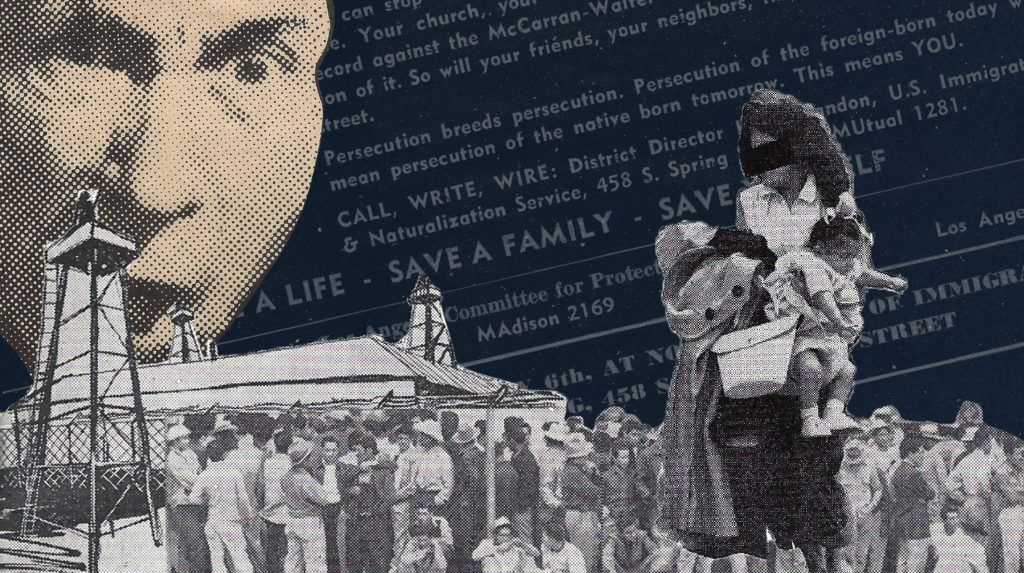 With more than $15.8 million in grants for research and creative projects awarded between July 2019 and June 2020, California State University, Dominguez Hills (CSUDH) continues to bring in impressive grant totals, despite the radical disruption to last year’s academic calendar caused by COVID-19. This is a $2.3 million increase from CSUDH’s 2018-2019 totals of $13.5 million.
With more than $15.8 million in grants for research and creative projects awarded between July 2019 and June 2020, California State University, Dominguez Hills (CSUDH) continues to bring in impressive grant totals, despite the radical disruption to last year’s academic calendar caused by COVID-19. This is a $2.3 million increase from CSUDH’s 2018-2019 totals of $13.5 million.
Most of the larger grants for 2019-2020 have already been announced, including:
- $550,000 State of California grant for Sonal Singhal’s project “Hybrid Approach for Authentic Scientific Inquiry for Biology Undergraduates”
- $438,000 NIH/NIGMA grant for Philip Vieira’s project “High Precision Pharmacokinetic Measurements in Brain Using a Novel Aptamer-based Biosensor”
- $84,706 State of California grant for Linh Dinh’s project “School Communications Interoperability Grant Program”
The university also received two additional large grants that helped add to the impressive total.
CBAPP Team to Examine California’s Freight System
Associate Professor of Information Systems and Operations Management Jian-Yu (Fisher) Ke and his team received a $69,489 grant from the CSU Transportation Consortium at the Mineta Transportation Institute for their project titled “Achieving Excellence for California’s Freight System.” The purpose of their project is to determine the performance metrics that contribute to a competitive freight system. The researchers will evaluate the current position of California’s freight system compared with other states’ and provide policy recommendations to increase the competitiveness of the system.
“California’s freight system – comprised of shipping ports, railroad, trucking, and airports – plays a critical role in the state’s economy,” says Ke. “However, the state is facing increased competition from other regions of the U.S., Mexico, and Canada, while also trying to meet sustainability goals, improve resilience, and enhance worker welfare.”
Researchers will work to establish and test performance metrics for each freight segment (ports, railroad, trucking, etc.) through structured interviews with key industry stakeholders. “We hope to contribute to a broader debate about improving the competitiveness of California’s freight system, and help policy makers identify investment opportunities,” says Ke.
The College of Business Administration and Public Policy (CBAPP) research team involved in the project will also include the co-directors of CSUDH’s South Bay Economic Institute – Fynnwin Prager, associate professor of Public Administration and Jose N. Martinez, associate professor of Economics; as well as Chris Cagle from the South Bay Workforce Investment Board. CSUDH graduate and undergraduate students will also be participating in the project, which is expected to be a collaboration among CBAPP faculty, students, and industry experts.
Gerth Archives: Expanding Digitization Project

CSUDH’s Donald R. and Beverly J. Gerth Archives and Special Collections and the California State University Japanese American Digitization Project (CSUJAD) received a $100,000 grant from the California Civil Liberties Public Education Program (CCLPEP). The grant will allow the archive to expand its digitization and teaching program, comparing and contrasting the incarceration of Japanese Americans during World War II with the attempts by the U.S. government to suppress dissent and immigration during the era known as the Red Scare (1940-1960).
The project is an outgrowth of the Gerth Archives’ ongoing work on the CSUJAD Project, which has digitized and collected thousands of documents, photographs, and other materials related to the history of Japanese Americans in California. A collaborative effort between over 20 institutions, the CSUJAD has digitized approximately 45,000 items since its launch.
As Gerth Archives director Greg Williams says, “This project is an extension of our work on CSUJAD because CCLPEP was interested in looking into other civil liberties issues of the time. Because we already had collections relating to the Red Scare of the 1940s and 50s, we thought that we could combine materials about the Japanese internment and incarceration with the Red Scare in California and elsewhere and work to make that material more available to researchers.”
“There are parallels between the Japanese internment and the Red Scare,” Williams continues. “They both involve civil liberties violations and connect to national ideas of civil rights. Southern California was a hub for these activities – a large population of local Japanese Americans were incarcerated, and the area has long been a destination for immigrants, many of whom were stigmatized, attacked, or deported during the Red Scare.”
The new project will digitize over 4,500 materials, create a teaching guide following the California History/Social Science Content Framework, and update the CSUJAD website. Materials to be digitized include family, camp, and organization records dealing with incarceration, redress, the Red Scare and civil liberties violations.
Expanding the collection now is important, says Williams. “An expanded CSUJAD can broaden the public’s understanding of the Japanese American mass incarceration during World War II and the Red Scare that followed in California, provide access to records that have been isolated from public view for decades, and show connections to current immigration controversies and threats to civil rights and democracy.”









